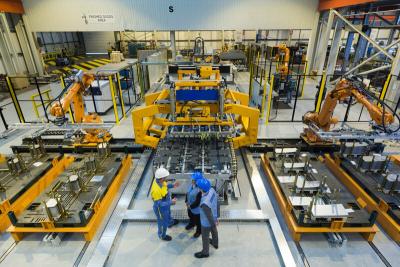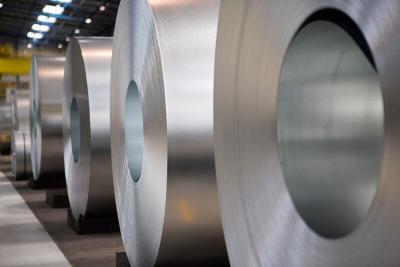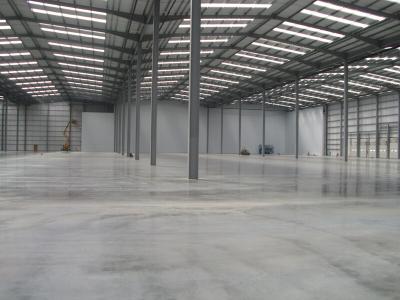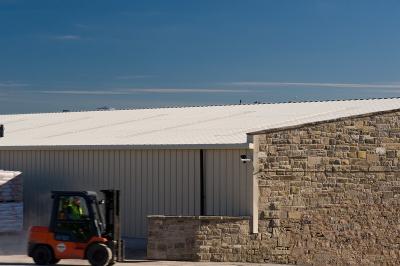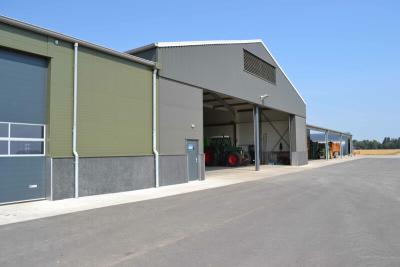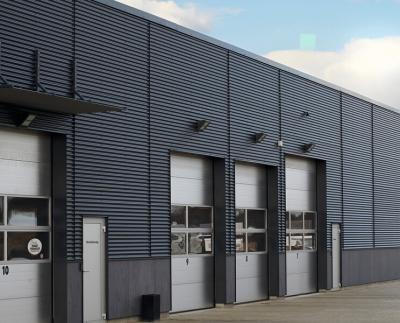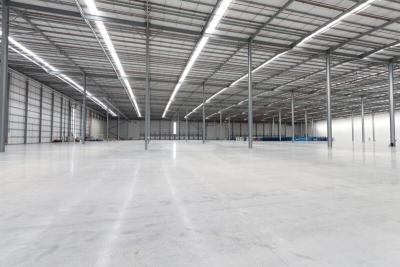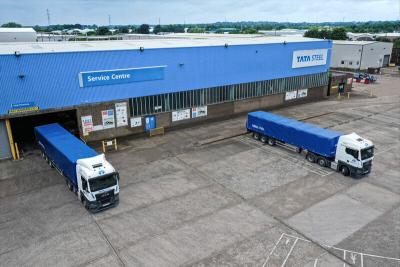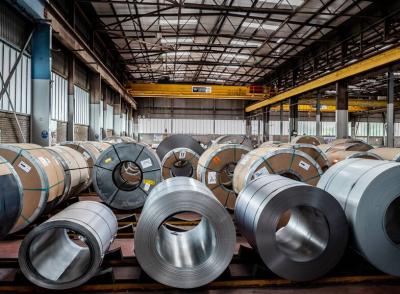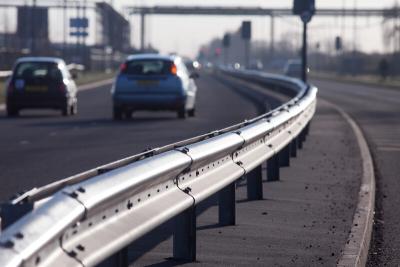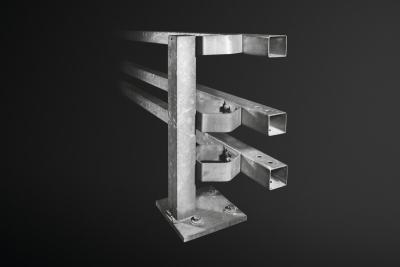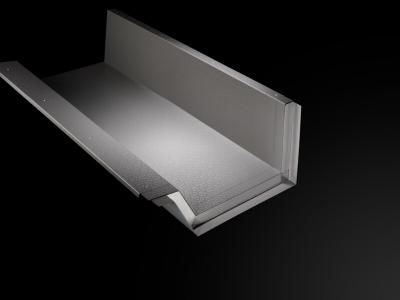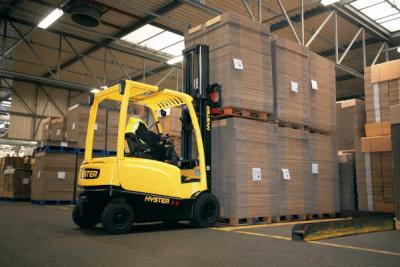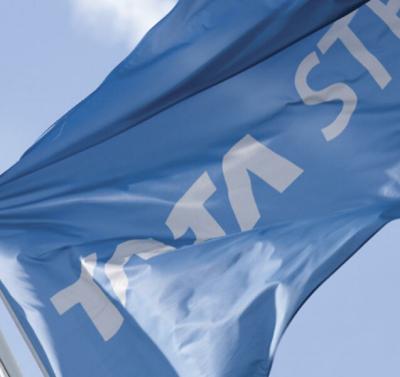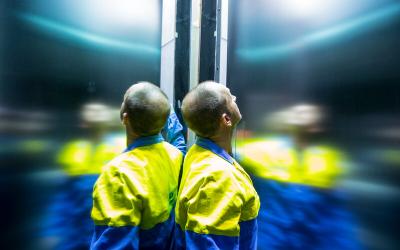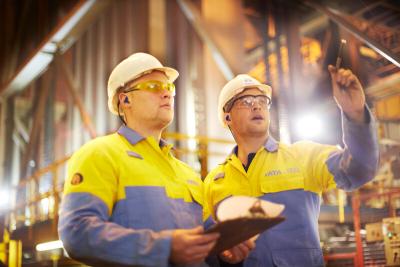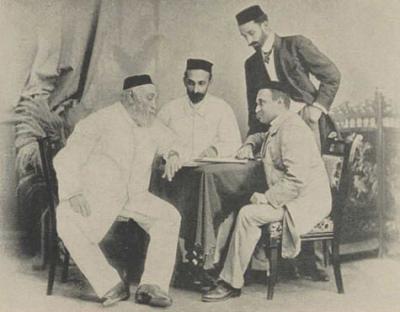Analysis from UK Steel says that electricity costs for UK steelmakers are over double that for French and Spanish producers, and the new UK government must deliver competitive prices for the industry.
Trade organisation UK Steel released new analysis this week showing that over the past three months, the UK’s electricity wholesale price is more than double the cost of French and Spanish electricity. The data shows an alarming new trend in industrial electricity costs, and it is critical that the new government resolves the problem.
The UK’s steel industry is heavily reliant on electricity, and this demand will only grow as new Electric Arc Furnace technology comes online. With a switch to EAFs, it is expected that the sector’s electricity consumption will roughly double, making electricity price paramount. Price data shows that UK producers faced average wholesale prices of almost £66 per megawatt hour (MWh) in the past three months compared to France’s £27/MWh and Spain’s £28/MWh.
Steel production and processing is an incredibly energy-intensive process, and the high electricity consumption can represent up to 180% of steel producers’ Gross Value Added (GVA) in the UK. The previous government introduced the British Industrial Supercharger in April of this year, which reduced policy costs (such as renewable levies and the Capacity Market levy) and partly lowered network charges. However, UK steelmakers still face substantially higher wholesale costs than key competitors and network charges 10 times higher than in France. Higher electricity prices negatively affect the industry’s competitiveness, ability to attract investment, and decarbonisation journey.
With a switch to EAFs, it is expected that the sector’s electricity consumption will roughly double, making electricity price paramount.
To maximise the value of the investments in new EAF steelmaking, the UK steel industry will need affordable electricity supplies. The next Government will need to find solutions to this challenge, where key competitors face dramatically lower input costs.
UK Steel's Energy and Climate Change Policy Manager, Frank Aaskov, said:
“The steel industry is the foundation of the UK’s manufacturing and economic strengths. We must not lose sight of how important electricity costs are in the move to green steel as we fully switch to electric arc furnace technology to secure steel for our nation.
“The UK steel industry cannot continue to face electricity prices that are more than double what our main European competitors benefit from. UK Steel data shows that wholesale electricity prices in the UK have been double the French and Spanish wholesale prices in recent months.
“For the UK steel industry to prosper and deliver on its decarbonisation targets, a new Government must deliver the lowest electricity prices in Europe.”
Energy prices source: NordPool Group, OMI Polo Español
About Tata Steel UK
- The Tata Steel Group has been named one of the most ethical companies in the world, and is among the top producing global steel companies with an annual crude steel capacity of 34 million tonnes.
- Tata Steel in the UK has the ambition to produce net-zero steel by 2045 at the latest, and to have reduced 30% of its CO2 emissions by 2030.
- Tata Steel is the largest steelmaker in the UK with primary steelmaking at Port Talbot in South Wales supporting manufacturing and distribution operations at sites across Wales, England and Northern Ireland as well as Norway, Sweden, France and Germany. It also benefits from a network of international sales offices around the world.
- Tata Steel employs more than 8,000 people and has an annual crude steel capacity of 5 million tonnes, supplying high-quality steel products to demanding markets, including construction and infrastructure, automotive, packaging and engineering.
- Tata Steel Group is one of the world's most geographically-diversified steel producers, with operations and a commercial presence across the world.
Follow us on social media








